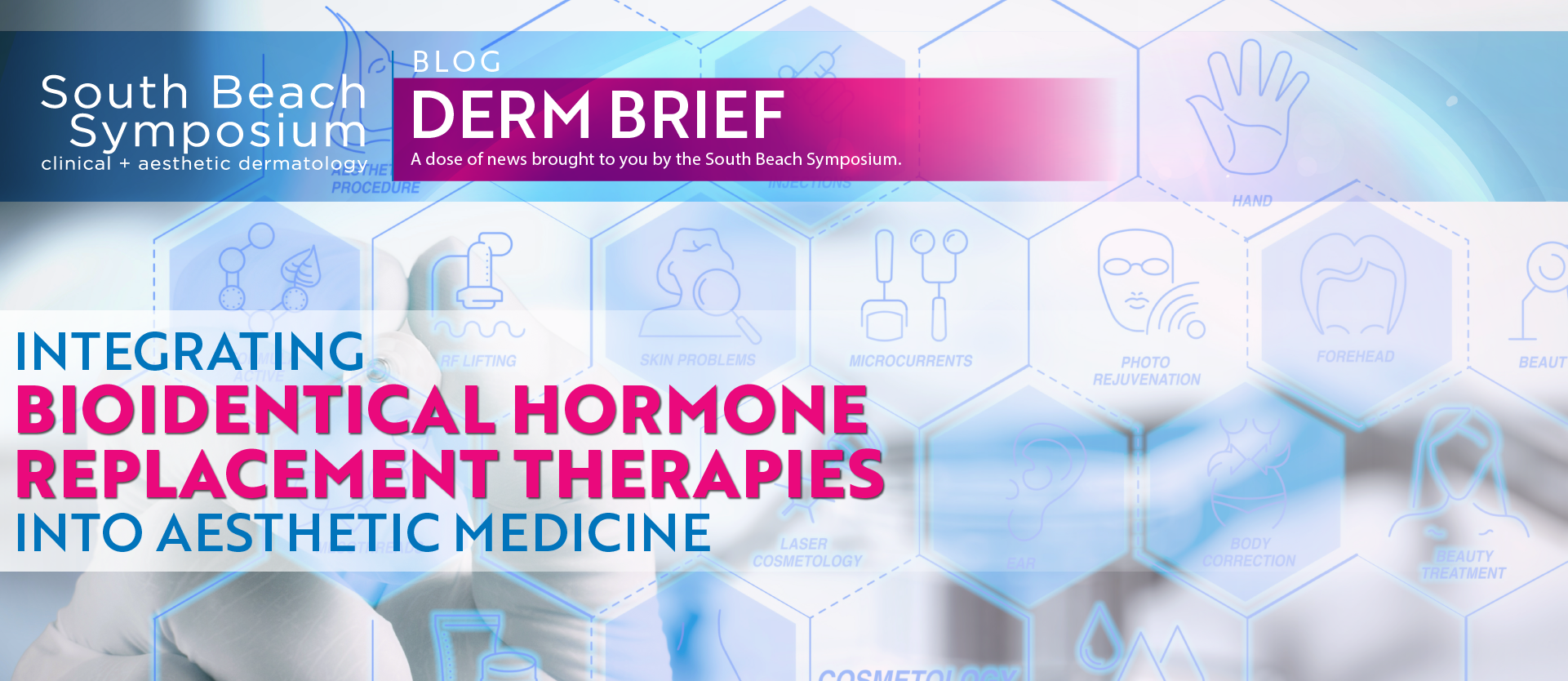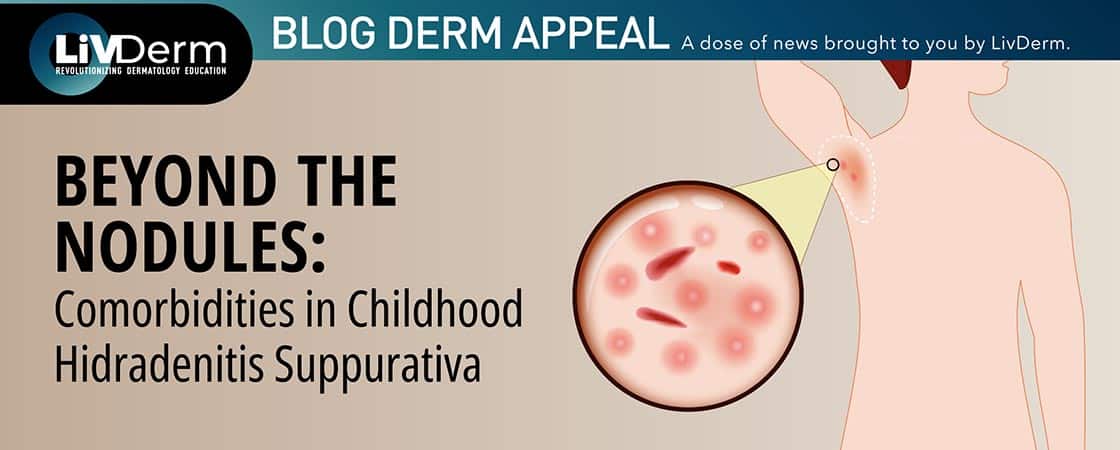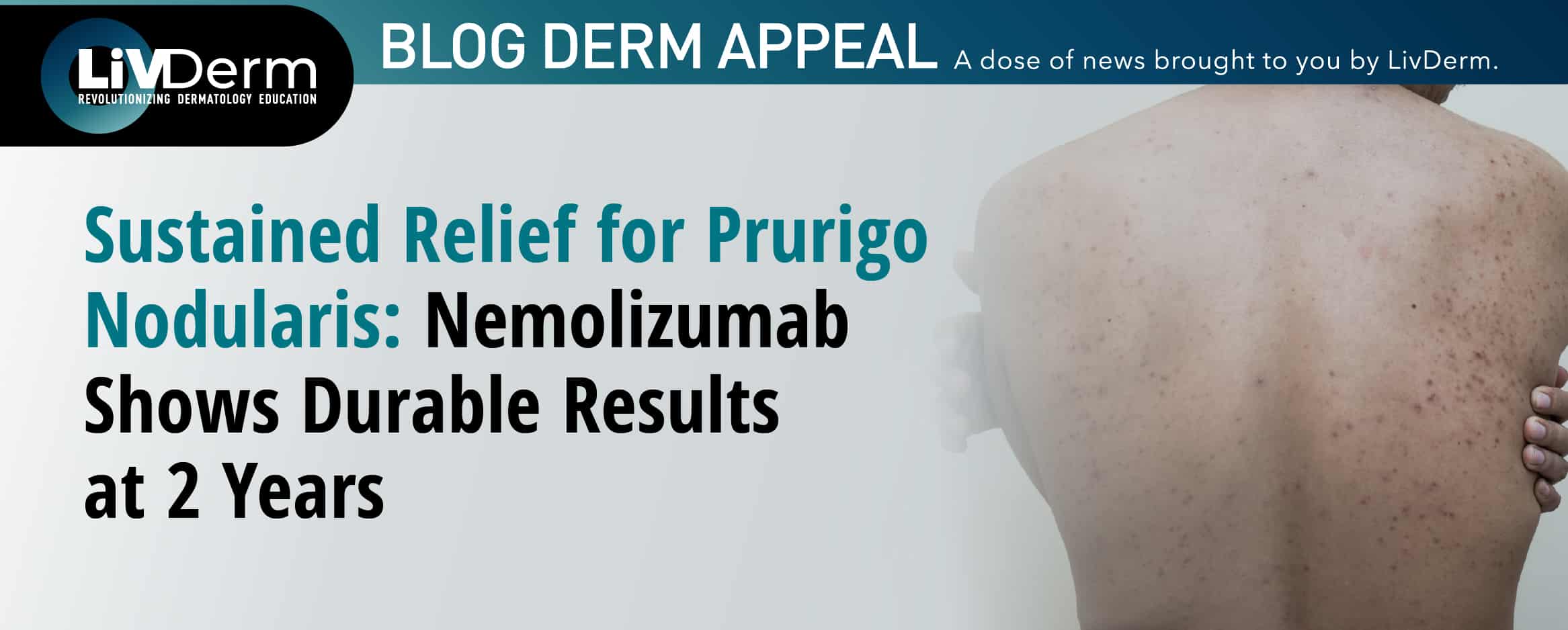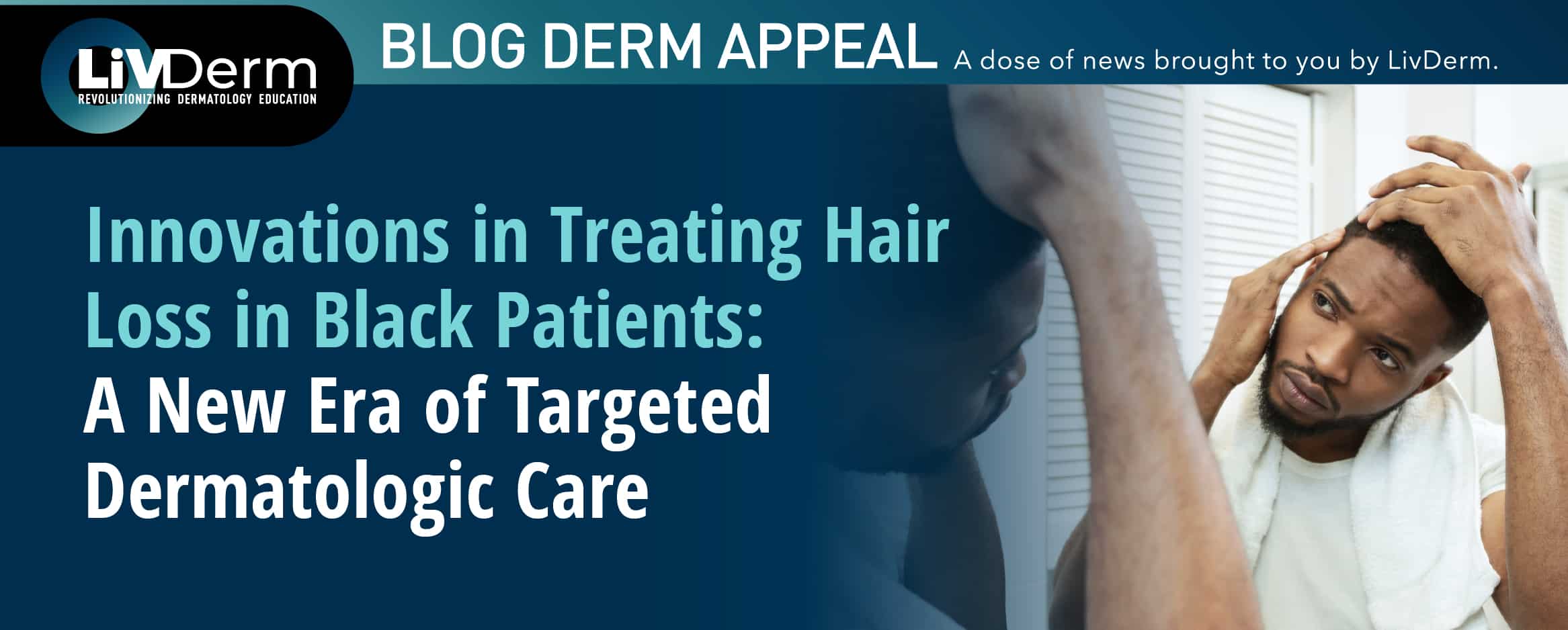Currently rapidly growing in popularity, bioidentical hormones have been proven to decrease and prevent the risk of Alzheimer’s Disease, osteoporosis, heart disease, and other illnesses associated with the aging process. Although bioidentical hormone replacement therapy (BHRT) is not a conventional dermatological service offering, it has proven beneficial to practices who incorporate it. California-based dermatologist Ronald Moy, MD, spoke to Dermatology Times about his experience with BHRT, revealing its promise as a potential therapy for a host of conditions that can be easily integrated into the dermatological practice.
“It’s an area where most endocrinologists aren’t doing much, and most ob-gyns aren’t focused on all of the hormones nor do they understand the concept of optimizing levels. It’s sort of an unmet need, and I think that’s one reason it has become so common in my practice and so well-embraced by so many patients,” Dr. Moy told Dermatology Times in the interview. As awareness of the wide-ranging benefits of bioidentical hormone therapy spreads, increased consumer demand is bound to lead many dermatologists and aesthetic medicine professionals to begin offering the service.
BHRT and its Benefits
The goal of bioidentical hormone treatment is to optimize patient hormonal levels, and avoid over or under treating conditions. This is made possible by measuring baseline blood results and hormonal levels to develop treatment plans based on the measures and reported symptoms. Typically, these therapies are used in menopausal and post-menopausal women to mitigate hormonal disruptions that occur. Alongside their efficacy at alleviating menopausal symptoms, bioidentical hormones can also prove beneficial to patients in a dermatologic setting.
In recent research, bioidentical hormone replacement therapies have been found to alleviate symptoms of dry, itchy, thin and fragile skin by increasing hydration and reducing skin atrophy. Successfully designed BHRT therapies can not only fulfill the goal of anti-aging procedures by tightening and thickening aging skin, but they also carry a plethora of added benefits, including improved mood and sleep, disease prevention, and enhanced quality of life.
The Risks of BHRT
Despite their overarching health benefits, bioidentical hormone therapies can be associated with adverse dermatologic effects, such as acne, hirsutism, and facial growth in the case of testosterone treatment and localized allergic reaction in the case of estrogen. In addition, DHEA may heighten the risk for skin pigmentation, increase oil production, and even promote perspiration. However, Dr. Moy emphasizes that these side effects occur rarely and can be easily mitigated by choosing the appropriate hormone and dosage. Physician expertise is essential in this case, Dr. Moy points out that he adjusts the dose by monitoring therapy and serum levels periodically.
Another concern regarding bioidentical hormone replacement therapies among patients is an increased risk of cancer, however, research has shown that no such risk has been linked to the use of bioidentical estradiol and progesterone. On the other hand, synthetic and non-bioidentical hormones, such as Premarin and Provera, carry black box warnings implicating estrogen therapy as a potential risk for endometrial cancer, stroke, deep vein thrombosis, and even dementia in post-menopausal women. According to Dr. Moy, no such risks have proven associations with increased risks of cancer, including estradiol, progesterone, testosterone, and DHEA.
Although relatively new, the therapy is growing in popularity due to its wide-ranging health benefits that include improved well-being and anti-aging properties for the skin. As consumer demand is likely to continue escalating, aesthetic medicine practitioners may see an increased need to incorporate BHRT into their practice offering. Physicians interested in learning more about the implications of bioidentical hormone replacement therapy in the dermatology practice can expand their clinical expertise by attending the 18th Annual South Beach Symposium. During the session Track 2: Anti-Aging & The Dermatologist world-renowned expert and session director Andrew Heyman, MD, MHSA will discuss the growing role of hormones in the field of aesthetic medicine among other dermatologic innovations.

















